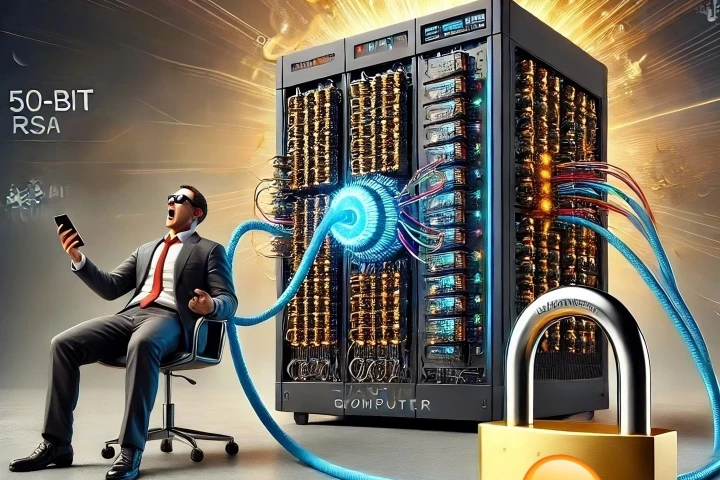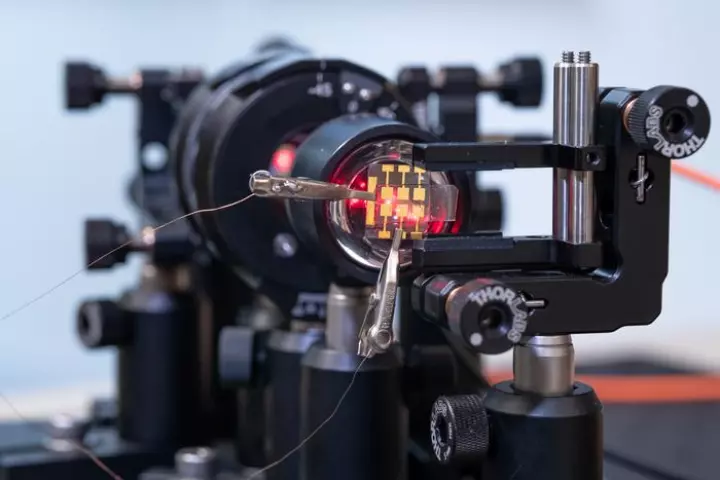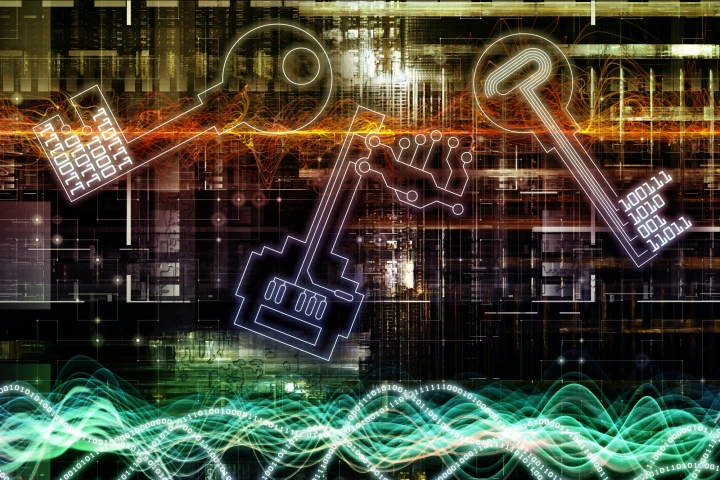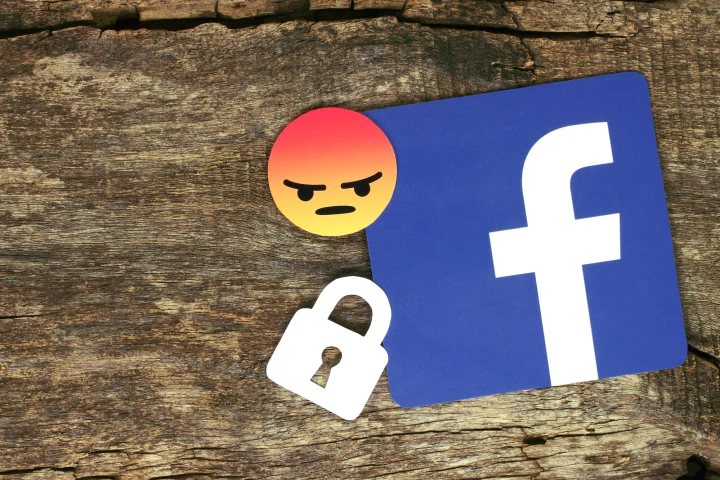Encryption
-
In the last several days, headlines have been plastered all over the internet regarding Chinese researchers using D-Wave quantum computers to hack RSA, AES, and "military-grade encryption." This is true and not true.
-
Scientists have devised a method of using fish scales to convey encrypted messages. Not only would the technology divert seafood industry waste from landfills, it should also be less costly than existing options such as special inks.
-
Quantum ComputingRandom numbers are critical to encryption algorithms, but they're nigh-on impossible for computers to generate. Now, Swedish researchers say they've created a new, super-secure quantum random number generator using cheap perovskite LEDs.
-
In an open letter to government officials, Facebook affirmed its commitment to rolling out end-to-end encryption across its messaging platforms. The company suggests law enforcement officials continue to misunderstand how encryption actually works.
-
A recently published open letter, co-signed by US, UK and Australian governments, requests the company halts its plans to roll out end-to-end encryption across all its platforms.
-
The Australian government yesterday passed a bill allowing law enforcement agencies to compel tech companies to hand over encrypted messaging data. The legislation has been broadly condemned with suggestions it could not only harm the Australian tech industry, but undermine encryption worldwide.
-
In an expansive submission to the Australian Parliament, Apple has strongly condemned the government’s prospective anti-encryption legislation, arguing “this is no time to weaken encryption,” and calling the draft outline “extraordinarily broad” and “dangerously ambitious.”
-
Quantum encryption can make data breaches literally impossible, and in a new demonstration of that kind of security, scientists have now used the Chinese satellite Micius to send quantum-encrypted data between China and Austria. That brings the world another step closer to a global quantum internet.
-
No matter how many notices are pinned around the office, some workers will forget to lock their computers when away from their desks. The Halberd will automatically take care of such things, wirelessly locking a workstation when a user strays beyond its range and granting access upon return.
-
DNA security is a looming problem that scientists and researchers are only just starting to grapple with. A team at Stanford has now developed a way to "cloak" irrelevant genomic information, allowing scientists to access key data without revealing an individual's broader genome sequence.
-
A recent revelation about the Westminster Bridge attacker's use of WhatsApp has rekindled the controversial debate over whether tech companies should implement backdoors that allow governments access to encrypted information on digital devices.
-
According to the experts, quantum cryptography is the most secure way to send data. Based on the laws of physics, any attempt to steal a quantum key not only changes it but also alerts the sender and receiver. So why not use it to make mobile transactions more secure, if not, hack-proof?
Load More











